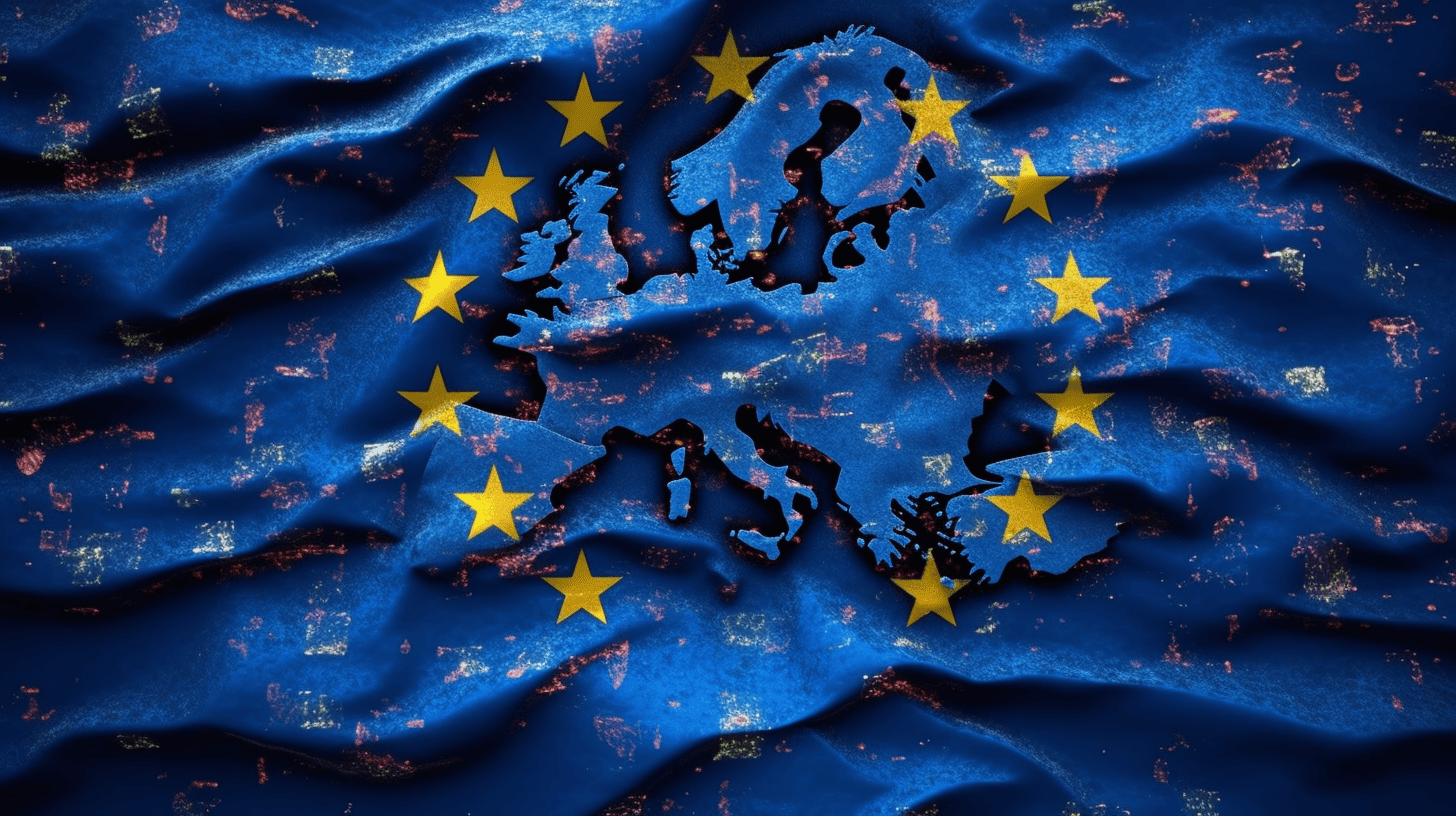
In the world of artificial intelligence (AI), Europe often finds itself caught in a paradox. On the one hand, the European Union (EU) has positioned itself as the global standard-bearer for data privacy and protection, often to the consternation of tech giants. On the other hand, the EU has been encouraging innovation and growth in the AI sector, proving to be a fertile ground for homegrown and foreign AI companies.

This week, we saw a crystallization of this paradox when Google’s language model, Bard, expanded its reach globally but notably excluded the EU from its new territories. While this might be viewed as a victory for the stringent privacy standards upheld by the EU, the Google retreat also raises questions about the EU’s approach to AI technologies and its potential implications for future technological advancements.
In Google’s case, the risk of running afoul of the EU’s stringent privacy laws, including the General Data Protection Regulation (GDPR), has proved a deterrent. But it’s worth noting that this pullback doesn’t signal a broader tech exodus from Europe. In fact, it may be quite the opposite. As Google takes a step back, other players like OpenAI are doubling down on their commitment to the European market.

OpenAI, the San Francisco-based artificial intelligence research lab, thrives in the EU, even more so without Google’s competition. Despite the stringent regulations, OpenAI has shown how to navigate the EU’s regulatory landscape and deploy large language models like GPT-4 in Europe. For now, it shows that the EU’s privacy regulations, though rigorous, are not insurmountable obstacles to AI deployment.
This underlines two important points. First, tech companies can indeed respect user privacy and still provide cutting-edge AI technologies. Second, Google’s decision to exclude the EU may be less about the EU’s stringent laws and more about the tech giant’s unwillingness to adapt.
Trade-offs
Of course, it’s not all rosy. The EU’s strong stance on data privacy does come with trade-offs. The region risks scaring off other tech companies that could potentially bring innovative technologies and economic growth. There’s a fine balance between ensuring privacy and fostering innovation, and the EU must continually reassess to ensure it’s not tilting too far in one direction.
However, the EU’s approach to privacy does not have to be a stumbling block for tech companies. Rather, it can serve as a challenge to innovate while respecting user privacy, a principle that should be at the heart of all technology development. At a time when discussions around data privacy and AI ethics are more important than ever, the EU’s stringent approach to privacy can be seen as a model for other regions as well – think of China and the U.S. as the main examples. Instead of viewing these regulations as hindrances, tech companies should see them as a blueprint for balancing innovation with privacy.

On the right track
The EU is on the right track, as is shown by the first steps toward a European AI Act.
The EU has succeeded in giving Google pause for thought. Google had better use that time wisely – for example, by showing their AI is built for good. It doesn’t mean companies must stop developing and deploying large language models in Europe. With the right approach and a commitment to respecting privacy, it is possible for AI to flourish in Europe. The EU’s rigorous approach to data privacy should not be seen as a barrier to innovation but as a challenge to create better, more ethical technology. And that’s a challenge worth rising to.

